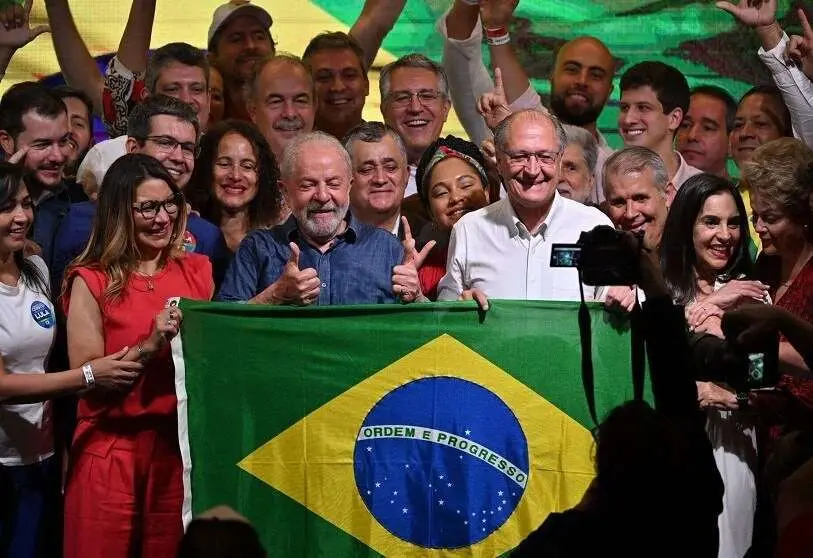Useful vote gives Lula da Silva the presidency of Brazil

The leader of the Workers' Party (PT), who ruled from 2003 to 2010, will return to the presidency of an extremely divided Brazil as of 1 January 2023 and for the next four years. Lula obtained 59.7 million votes, while Bolsonaro, leader of Brazil's extreme right and retired army captain, finished with 57.7 million, with 99.10% of the vote counted, according to data from the Superior Electoral Court (TSE).
The excitement of the vote count was preserved until the very last moment in what is already the fairest election in the country's history. Voting was tighter than expected in the polls prior to the elections, a reflection of the high level of polarisation in Brazil, which has even led to episodes of political violence during the campaign. As in the first round, the big pollsters were unable to pinpoint the strength of Bolsonarism. The elections, classified as high risk, were a surprising setback for Da Silva, whose imprisonment for corruption left him out of the 2018 elections that brought Bolsonaro, a defender of conservative social values, to power.
The tightness of the count was noticeable on the streets. The usual Sunday agitation in Rio de Janeiro shifted by 6pm to a hushed silence, as citizens stood attentive to televisions in private homes and bars. The calm was broken at around seven in the evening, when Lula turned the tally around. Bolsonaro, a nostalgic of the military dictatorship (1964-1985), began the count ahead, but with 67.76% counted, the progressive ex-president took the lead, a trend that remained until the end, although always with a minimal margin.

Before the vote, Bolsonaro's campaign had made repeated, unsubstantiated claims of possible electoral manipulation, raising fears that he would not accept defeat and would challenge the results if he lost. "Today the only winner is the Brazilian people," da Silva said in a proclamation at a hotel in downtown Sao Paulo. "This is not a victory for me, nor for the Workers' Party, nor for the parties that supported me in the campaign. It is the victory of a democratic movement that was formed above political parties, personal interests and ideologies so that democracy could emerge victorious."
Lula was also the winner of the first round on 2 October, where he won 48.4% of the vote to Bolsonaro's 43.2%. Lula, 77, won the vote to return to lead Latin America's largest economy. Da Silva built an extensive social welfare programme during his time in office that helped lift tens of millions into the middle class. Da Silva has pledged to increase spending on the poor, restore relations with foreign governments and take bold steps to eliminate illegal logging in the Amazon rainforest.
During the campaign, he promised to "restore" Bolsonaro's Brazil, end hunger, which currently affects some 33 million Brazilians, and "include the poor in the national budget" by combining social, economic and environmental responsibility. He also wants to lead Brazil for four years. For months, Da Silva appeared to win comfortably as he evoked nostalgia for a presidency at a time when Brazil's economy was booming and benefits helped tens of millions join the middle class.

Da Silva has promised to govern outside his party. He said he wants to win over centrists, including some on the right who voted for him in the first place, and restore the country's more prosperous past. However, he faces a politically polarised society with slowing economic growth and runaway inflation.
It was the closest election the country has seen since the return to democracy in 1985, and the first time an incumbent president has failed to win re-election. The two candidates were just over 2 million votes apart.
Lula's victory in the polls means that the left will rule six of Latin America's largest economies and 85% of the population from January. Only Ecuador, Uruguay and Paraguay will continue to have centre-right or right-wing governments in all of South America, although the cycle of progressive victory may be broken in 2023 when Argentina's opposition has the option of defeating the Peronist government.
Americas Coordinator: José Antonio Sierra.








